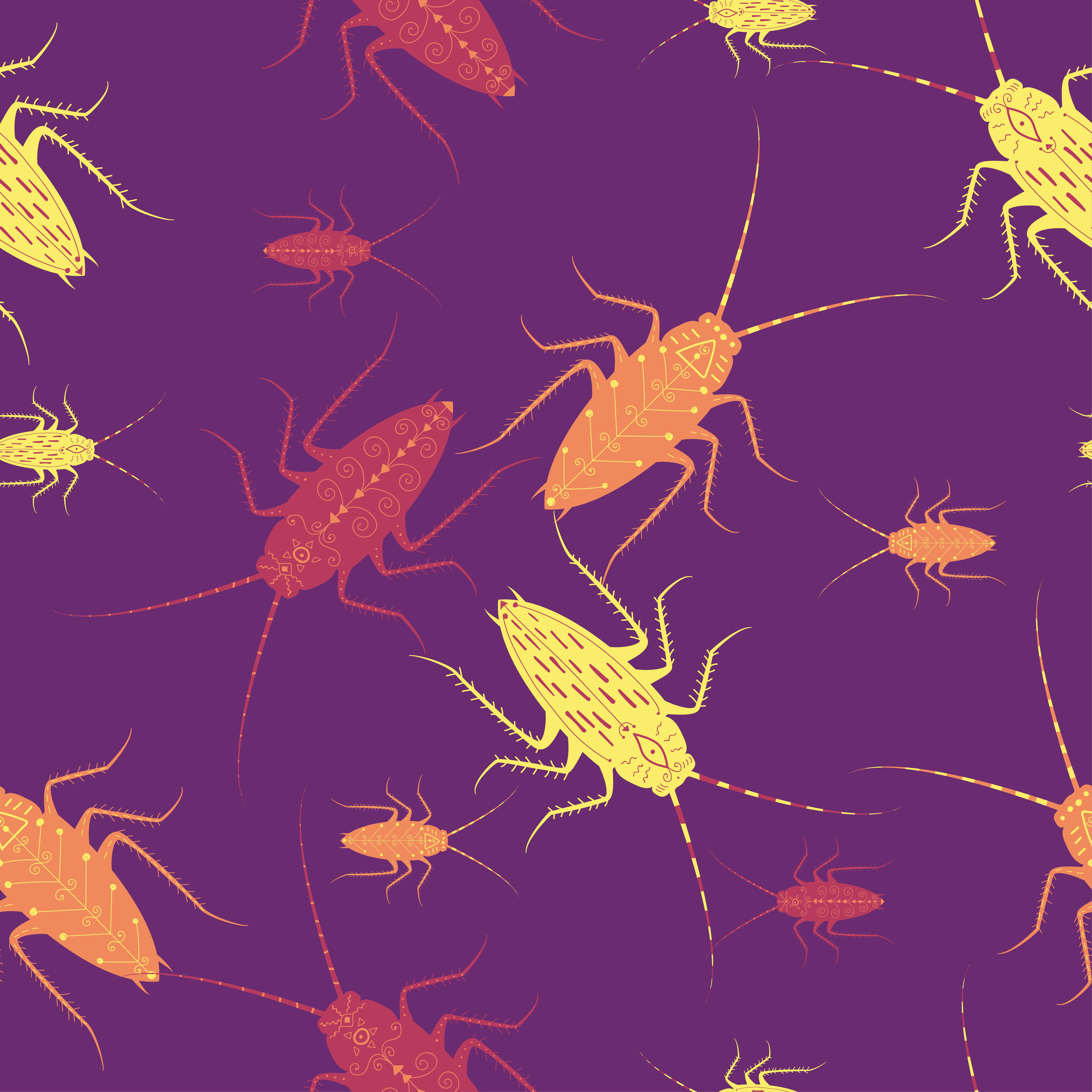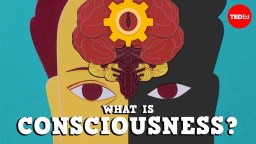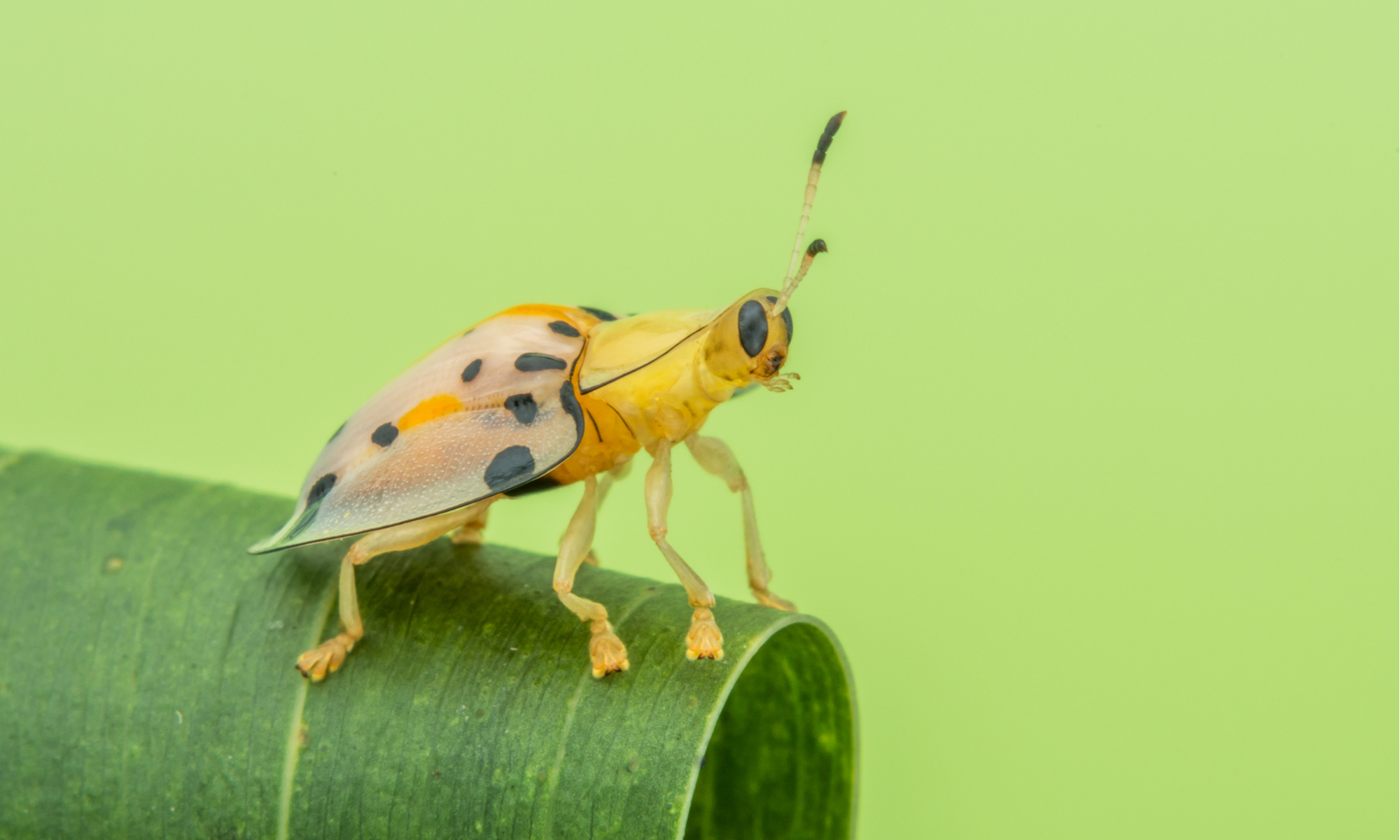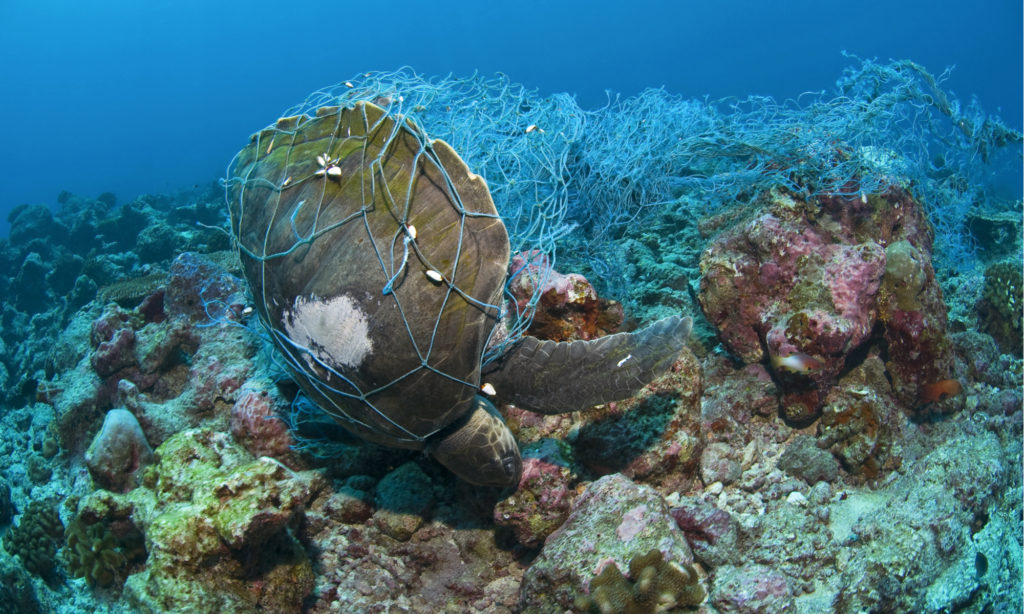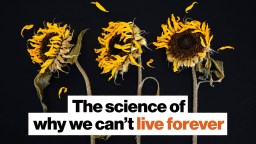Life
All Stories
Study finds that carbon dioxide emissions may trigger a reflex in the carbon cycle, with devastating consequences.
New research reveals a major shift in what pressures life used to face.
Spiders, fish, birds, and bats all break with their daily routines.
They’re hiding in your house, carrying germs, and now there’s virtually no way to kill them.
Here are just two of the practical and philosophical crises surrounding biodiversity breakdown.
▸
3 min
—
with
A comprehensive interdisciplinary paper removes any doubt that orcas don’t belong in marine parks and zoos.
The remarkable distributed nervous system of the octopus is discussed at an astrobiology conference.
Not only do these monkeys use tools, they’re developing new, better tools to adapt to their environment.
The animal we fear most? Spiders.
2018’s winter was particularly harsh on U.S. honeybees. What’s causing bee populations to plummet, and what can we do about it?
Are we witnessing evolution in real time?
The owner’s personality was the most important factor in examining the stress-hormone relationship between pet and owner.
Is it time we outlaw circus animals altogether?
Chinese scientist He Jiankui edited the genes of two babies to be resistant to HIV, provoking outrage. Now, a new genetic analysis shows why this was reckless.
Our clever human hands may soon be outdone.
Synthetic biology is changing the way the planet works.
Despite the moniker, bedbugs evolved long before mattresses and even survived the K-T extinction.
If you thought your mother was pushy in her pursuit of grandchildren, wait until you learn about bonobo mothers.
Consciousness expert Michael Graziano on what, if anything, makes us uniquely human.
▸
with
A DNA test promises to reveal your hidden history — but is it all smoke and mirrors?
If you don’t want to know anything about your death, consider this your spoiler warning.
People trust Mother Nature to keep us healthy, forgetting that evolution is brutal and uncaring.
Surprising studies revealed why mothers affected the genetic pool more than fathers.
New research solves a long-standing puzzle.
A new study has identified 12 times as many viral populations as previous research.
Here’s why stars fade out — and so do we.
▸
4 min
—
with



